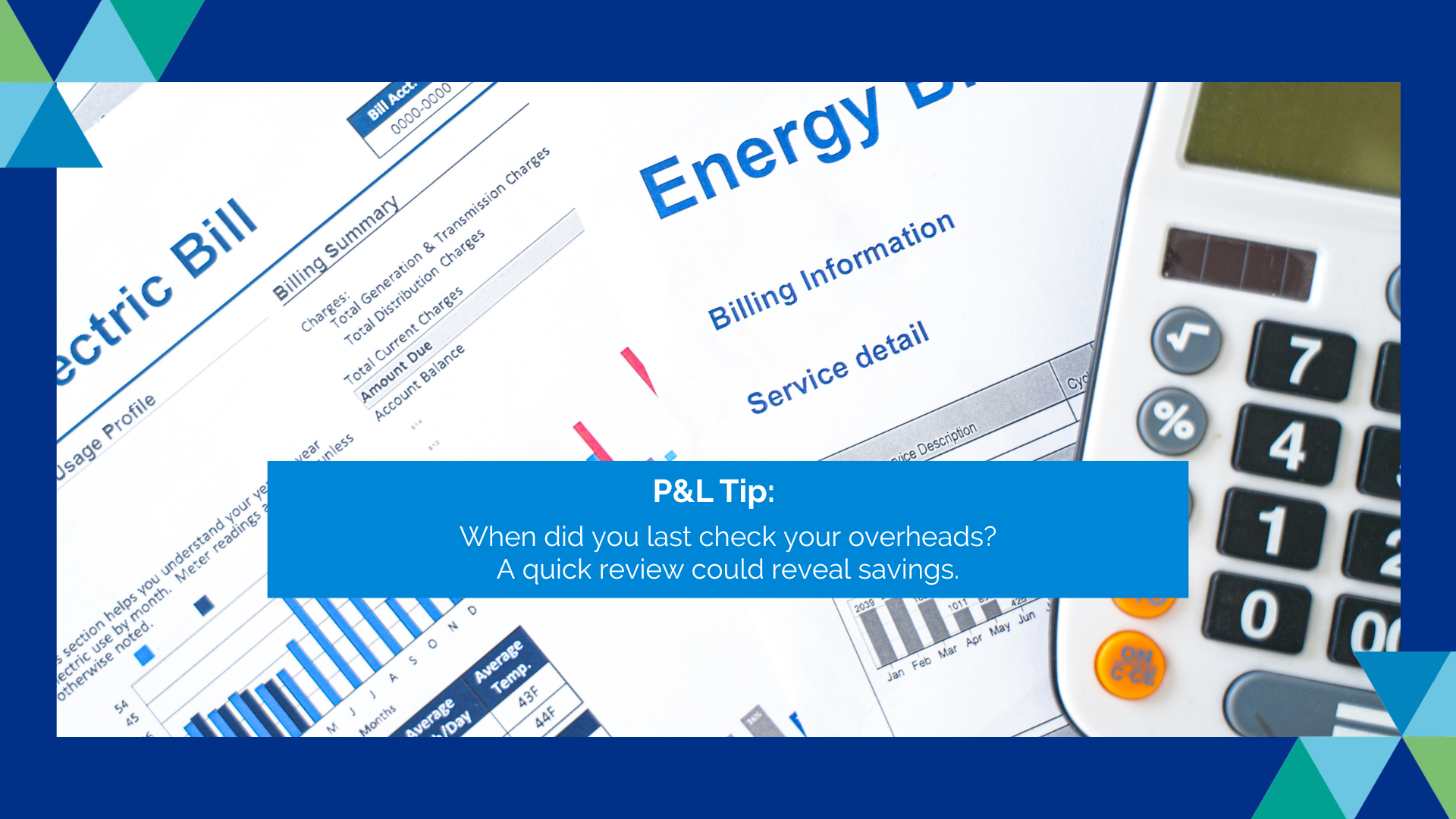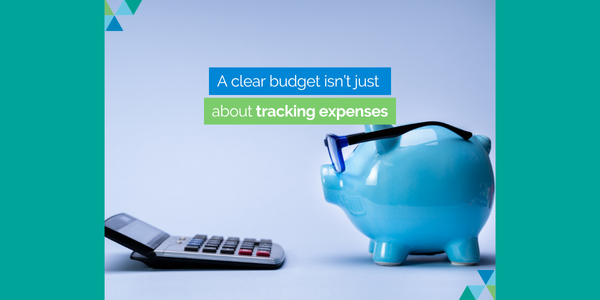Why It’s Time to Rethink Your Payment Cycles
What the New Super Changes Mean for Your Business

From 1 July 2026, employers will be required to pay superannuation at the same time they pay wages—a significant shift from the current quarterly system. This change, part of the government’s plan to improve retirement outcomes and transparency for employees, will have far-reaching implications for how businesses manage their payroll, cash flow, and compliance.
While it might sound like a future problem, businesses that prepare early will be in a much stronger position to manage the transition smoothly—and without disruption.
Here’s why this change matters now, and what you should be doing to prepare.
Why This Matters for Your Business
1. Impact on Cash Flow
Shifting from quarterly to payday super means you’ll need to have funds available more often. This can have a significant effect on your cash flow management—especially for businesses used to holding onto super for up to three months before paying it out. By the time July 2026 rolls around, you’ll need systems in place to cover super every pay cycle, whether that’s weekly, fortnightly, or monthly.
Now is the time to forecast what this looks like for your business and start building a cash flow buffer to accommodate more frequent outgoings.
2. Payroll Process Adjustments
The change will also impact your internal systems. Payroll software, reporting procedures, and staff workflows may need to be updated or retrained to meet the new timing requirements. Businesses that begin integrating payday super processes into their payroll cycle now will be well ahead of the game when the rules come into effect.
This is also a great opportunity to streamline or automate your systems using Single Touch Payroll (STP)-enabled software.
3. Compliance and Penalties
The ATO is increasingly using real-time data and automation to monitor employer compliance. Once super is required to be paid on payday, there will be far less leeway for delays or errors. Non-compliance could quickly lead to penalties, interest charges, and even audits.
The best defence? Preparation. Reviewing your processes early helps reduce the risk of missing deadlines once payday super becomes law.
4. Opportunities to Improve Financial Practices
While this change introduces new compliance requirements, it also presents an opportunity to improve your business operations. You might consider adjusting your pay cycles, refining your cash flow reporting, or simplifying your financial systems so they better align with ongoing obligations.
It’s also a great time to revisit your budget, team structure, and payroll costs—especially if your business is growing.
How to Prepare Now
Even though the change doesn’t take effect until July 2026, the sooner you start reviewing your processes, the better.
Here’s how to get ahead:
✔️
Review your current payroll cycle and assess whether more frequent super payments will cause cash flow strain.
✔️
Speak with your accountant or bookkeeper to understand what changes may be needed in your systems.
✔️
Explore your payroll software options—many already support payday super functionality.
✔️
Start forecasting now so you know what your super obligations will look like under a new cycle.
The move to payday super is one of the most significant changes in employer obligations in recent years—and it’s not just about compliance. It’s about rethinking how you manage payments, plan cash flow, and run your business day-to-day.
By preparing early, reviewing your payment cycles, and ensuring your systems are ready, you’ll be setting your business up for a smooth transition and ongoing success.
Need support understanding what these changes mean for your business? Don’t leave it until it’s too late—start preparing now.
To find out more about how we can help you, please contact one of our team at admin@wrightsca.com.au.
**Important notice:** This article provides information rather than financial advice. The content of this article, including any information contained in it, has been prepared without taking into account your objectives, financial situation, or needs. You should consider the appropriateness of the information, taking these matters into account, before you act on any information.










